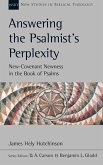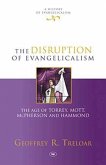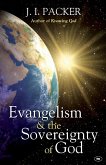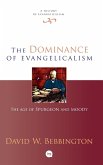Church planting is in vogue, yet there is a paucity of sustained biblical and theological reflection on the topic. Key voices are practitioners and planters themselves - here is the biblical theology that the missiological practice of our day has been crying out for. John Valentine explores the Bible's 'how' and 'why' for starting new churches and revitalizing old ones - in this robust and comprehensive biblical theological look at one aspect of the mission of God.
Hinweis: Dieser Artikel kann nur an eine deutsche Lieferadresse ausgeliefert werden.
Hinweis: Dieser Artikel kann nur an eine deutsche Lieferadresse ausgeliefert werden.








